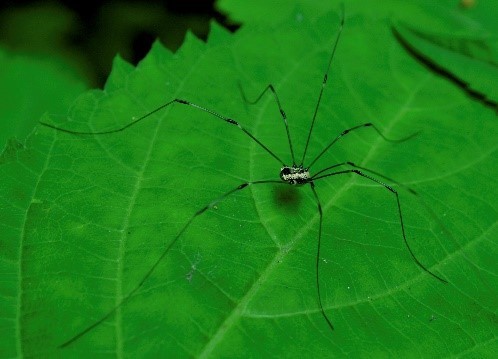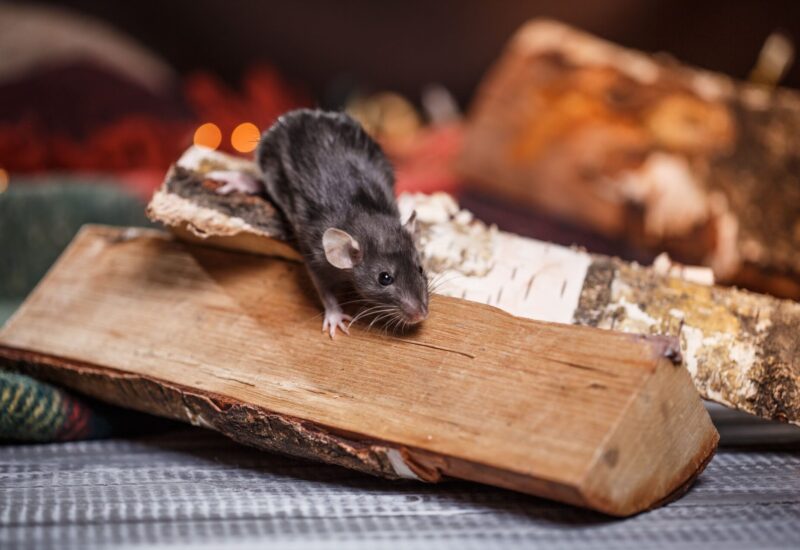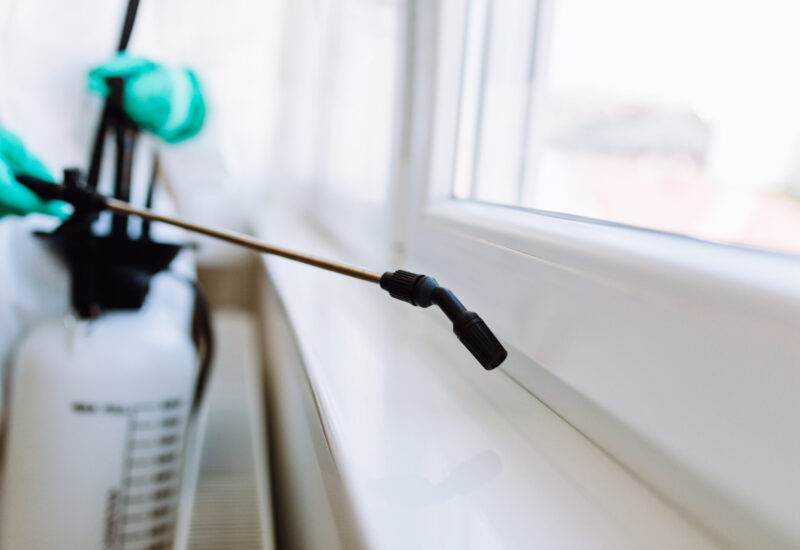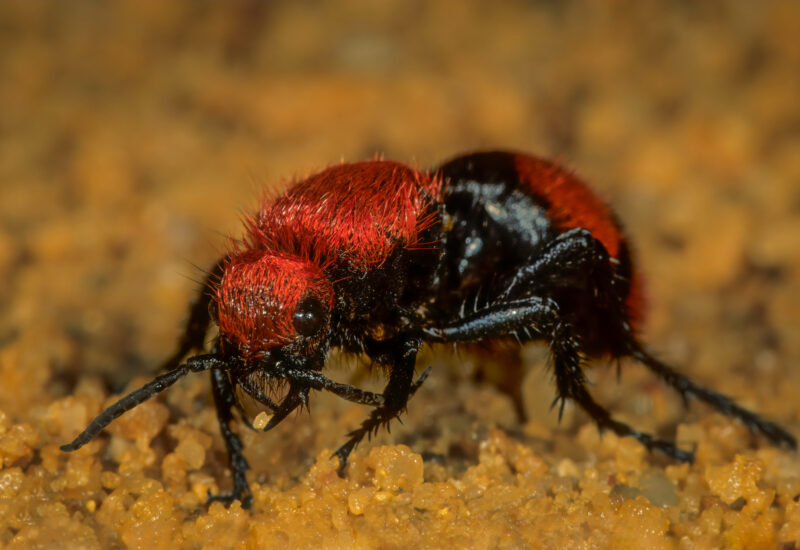8 Natural Remedies to Keep Spiders Away

Use These Natural Spider Control Tips to Learn What Deters Spiders
Most people are not fans of spiders showing up in their homes .
These creepy crawlers are a great source of natural pest control for insects in the garden or around your home. However, too many of them hanging around can make you uncomfortable, especially if you’re constantly wondering where they are, how many are present — how many you have eaten in your sleep and if any are venomous.
Keeping Spiders Out of Your Home
There are a host of ways to repel spiders from your home, from vinegar sprays and horse chestnuts, to simply doing some deep cleaning.
Check out these expert tips below to see which one works best for you and your home:
1. De-Clutter & Dust Your Home
Spiders don’t like to be in the light.
They prefer dark corners where they can hide out while waiting to catch their prey. Cluttered areas with lots of boxes or furniture is an easy target for spiders to hide while also creating a space to spin their webs.
To prevent that from happening, frequently give your house a good dusting, and remove items that are accumulating clutter in the corners of your house or apartment.
2. Seal Cracks in Your Home
Spiders can easily gain access to the inside of your house through cracks in windows, doors, and walls. Sealing off small cracks in your home will help to keep the spiders outside.
3. Horse Chestnuts
One common method that’s said to repel spiders is the use of horse chestnuts.
Though science has few answers as to why this works, some say it is because horse chestnuts are poisonous to spiders. Spreading horse chestnuts across window sills and corners of your home where spiders may try to enter can prevent their activity.
4. Check Your Indoor Plants
Indoor plants are great to have around the home for both health and aesthetic reasons.
However, when you are bringing live plants into the house, make sure to check for spiders both before and after you bring them in. Spiders like to make webs in plants because they are common places for bugs to feed on, fly near, or live in.
Checking your plants for insects and spiders can decrease the chances of spiders reproducing in your home.

5. Vinegar Spray
Having vinegar on hand is always a great idea because it serves as a natural deterrent and trap for many insects.
For spiders, the smell and taste of vinegar are repulsive and can even be toxic, as they have a high sensitivity to it. Simply put an equal amount of vinegar and water in a spray bottle and spray it around the creases of your home to help keep spiders at bay.
6. Essential Oils
Similar to vinegar, spiders are very sensitive to many essential oils.
Peppermint is the best oil used in repelling spiders and insects, however, lavender, tea tree, and eucalyptus can be used as well.
Put 15 to 20 drops of the essential oil in a spray bottle with water, then spray the mixture along any cracks and crevices to repel spiders. Be sure to keep up with this routine and even try switching out the oils used to see what’s most effective.
7. Turn the Lights Out
Insects are attracted to light, and spiders, obviously, are attracted to insects.
If you want to keep spiders away from your home, don’t keep the outside lights on all night. With no lights, it makes other insects, and therefore spiders, less attracted to your home.
8. Trim Your Bushes
As mentioned with indoor plants, bushes that grow tall and reach the sides of your house are a common area to find spiders hiding. To keep spiders and their webs far enough away from your home, trim your bushes back.
Spider Control
If you’re finding spider webs in multiple places of your home, or you simply don’t want to deal with spiders yourself, local pest control professionals will gladly help solve your problem.
Catseye’s spider control service begins with eliminating the spiders’ food source, which is often the reason they are in your home in the first place.
After removing any flies, ants, and other insects from your home, we then remove any spider webs and apply an organic ‘de-webbing’ material that prevents webs from attaching to the surfaces of your home. A residual material made specifically to treat spiders is also applied.
Contact your local pest professionals to learn more information and set up your no-cost inspection today.






